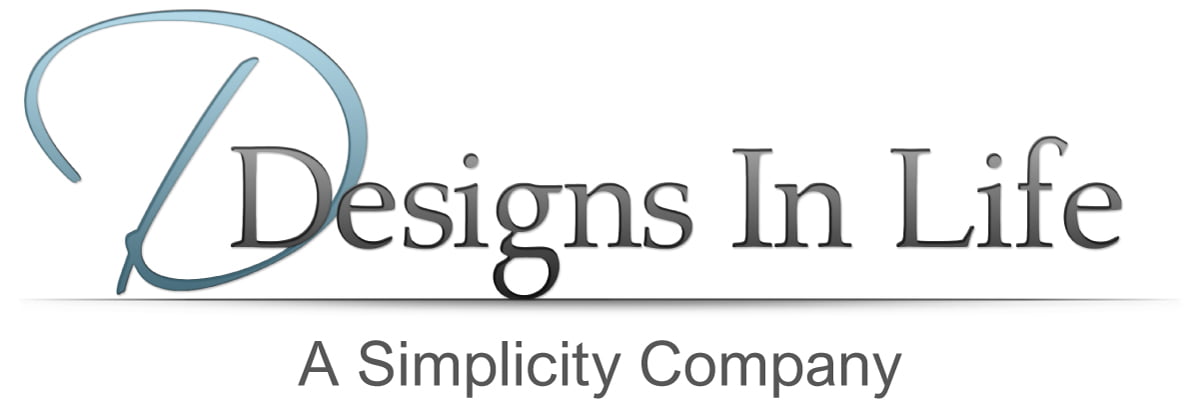A Basic DI Q & A
Q. Where does DI fit within the financial planning process?
A. Financial planning begins and ends with income planning. Clients that depend on an income must do all they can to protect it from being eliminated or interrupted. Otherwise, there cannot be a financial plan! A financial plan for an individual or family where income is the most important “asset” cannot stand complete without involving disability insurance.
Q. Why is Group LTD inadequate?
A. With Group LTD (long-term disability), you are just a tenant. You are not in control because you do not own the policy – the sponsoring entity(corporation or affinity group) is the policy owner. It can be taken from you in an instant. Your sponsor may give it up, change or eliminate important benefits or reduce coverage. Or, the insurance company may decide to stop insuring the group and cancel coverage. It is seldom portable or convertible if you leave the company or disassociate from the affinity group. Additionally, Group LTD typically only covers your base salary. Therefore, bonuses, commissions, incentives, deferred compensation, stock options and pension contributions are generally not covered. Finally, the benefit is income taxable if the sponsoring entity paid the premiums as an employee benefit. If you go on extended claim, you are not likely to find Group LTD to be what you thought it would be.
Q. How does DI differ from Long Term Care Insurance?
A. Simple: DI pays you direct. LTC insurance pays someone else. In most cases, it pays the person or agency that is providing the care.
Q. How does DI differ from Life Insurance?
When it comes to income replacement and asset conservation, there is no difference. The difference between the two types of insurance is you’re either above or below 6 feet of dirt. And, if you are above the dirt, a partial or permanent disability can have catastrophic financial consequences to you and those that depend on you. The main concept to think about is that the chances of becoming disabled for at least six months or more are much greater than dying prematurely.
Q. How much DI should I have?
You should have as much DI as possible. Approximately 65% of your gross income is considered adequate and is about the maximum percentage of income an insurance company will replace. Unlike your gross income, however, DI benefits are usually income-tax free. For some, however, that amount may not be enough. Supplemental Disability Insurance is often necessary to adequately protect a person’s income.
Q. Why don’t all financial advisors and insurance agents sell DI?
A. A well-trained and experienced financial advisor or insurance agent with a health insurance license will sell DI. If DI comes up in the discussion, that should be a clue you’re talking to a real professional. DI is not well understood by the buying public and is, therefore, a tougher sell. A good advisor, however, will not worry about which product is easy to sell because he or she knows that protecting a person’s most valuable asset against disability is the right thing to do.
